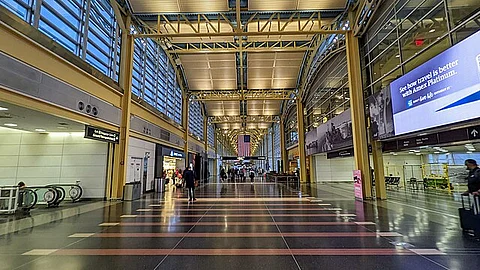

The United States will implement a new $250 "Visa Integrity Fee" for all international visitors requiring nonimmigrant visas, including tourists, business travelers, and students. This charge, mandated by President Trump’s One Big Beautiful Bill Act is additional to existing visa fees (e.g., $185 for tourist visas) and a recently increased $24 I-94 form fee. Travelers from Visa Waiver Program countries (e.g., Australia, Japan, Europe) are exempt. The fee aims to "restore integrity to the immigration system," according to the Department of Homeland Security (DHS), though implementation details remain unclear.
While the law allows reimbursement for travelers who comply with visa terms and no unauthorized work or overstays beyond five days, logistical hurdles loom large. Refunds are processed only after visas expire (often years later), and no system yet exists to handle claims. Immigration attorney Steven A. Brown advises applicants to treat the fee as "effectively non-refundable," calling it a "refundable security deposit in theory only." The Congressional Budget Office predicts few will seek reimbursements, estimating the fee could reduce the federal deficit by $28.9 billion over a decade.
U.S. Travel Association CEO Geoff Freeman slammed the fee as a "giant leap backwards," noting it increases upfront visa costs by 144%. Critics argue it could deter visitors during major 2026 events like the FIFA World Cup and America’s 250th anniversary celebrations. Compounding concerns, funding for Brand USA, the country’s tourism promotion agency was slashed from $100 million to $20 million under the same law. "While other countries roll out the red carpet, the U.S. is putting up a ‘closed’ sign," warned the World Travel & Tourism Council.
The DHS confirmed the fee requires "cross-agency coordination" before rollout, with no timeline announced. Key uncertainties include which agency collects the fee (DHS doesn’t manage visa applications) and how compliance will be tracked. The State Department stated the fee supports "deterring visa overstays and funding border security," though data shows only 1-2% of nonimmigrant visitors overstay visas. Families from non-waiver countries (e.g., India, Nigeria) could face over $1,000 in added costs, straining budgets amid already declining U.S. tourism interest.